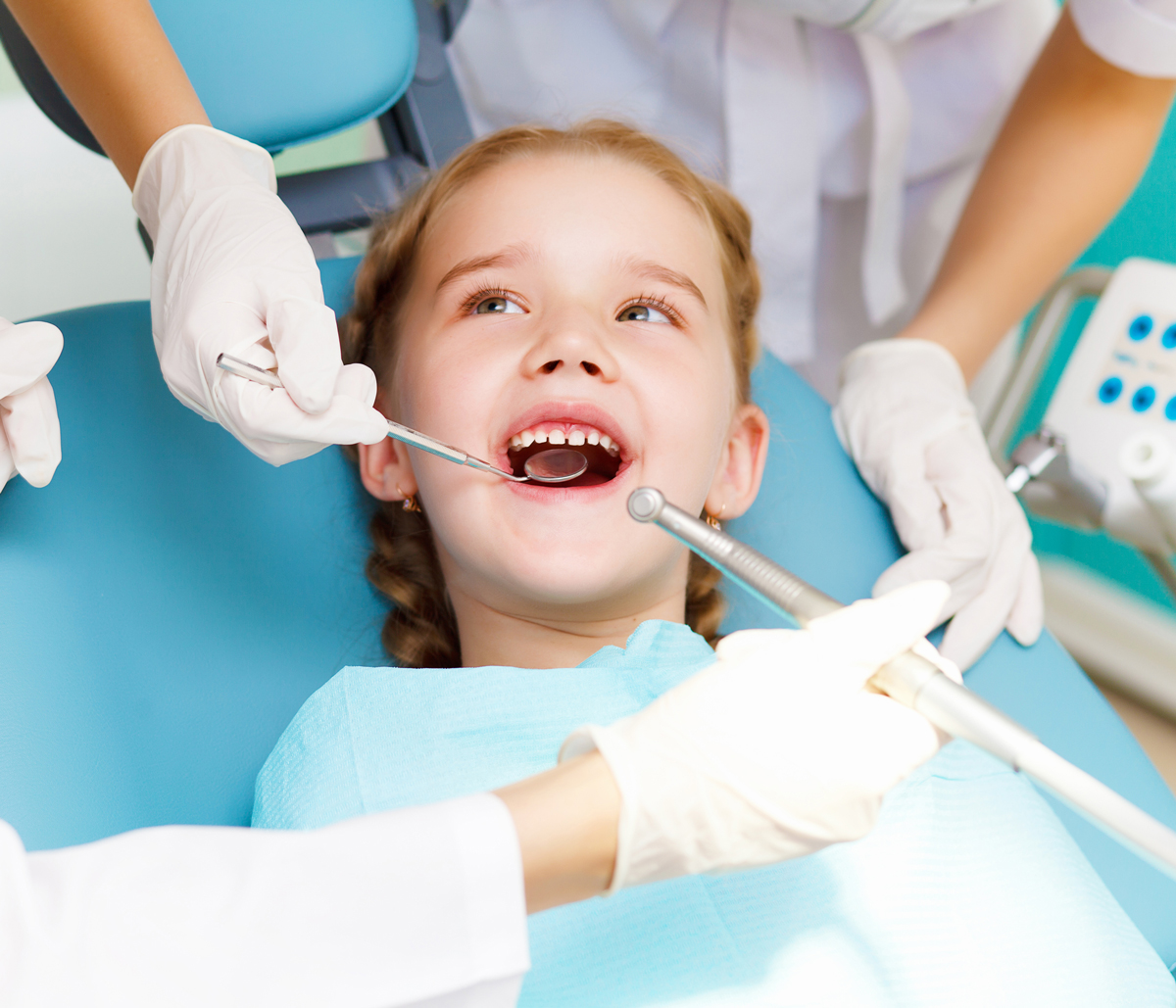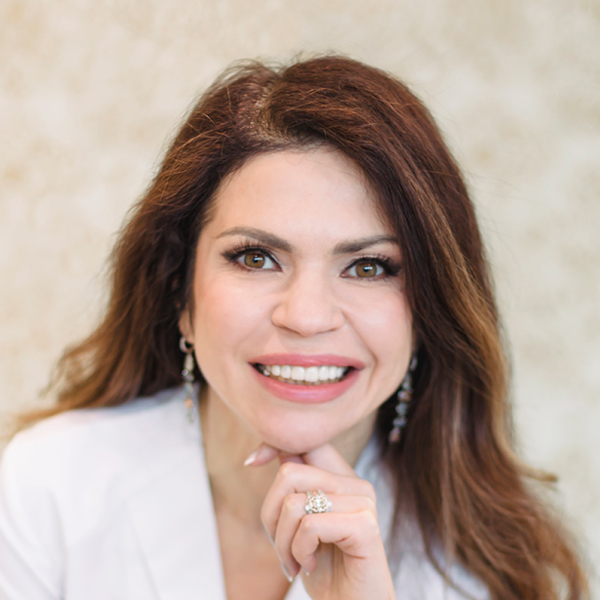

21
Jul
How Can Orofacial Myofunctional Therapy Aid in Children’s Development

Orofacial myofunctional therapy is a form of dental therapy many patients in Glen Allen, Virginia, have never heard of. Those suffering from functional or structural concerns of the mouth, muscles, face, and neck should pay particular attention to this emerging dental therapy. Evidence has even shown that orofacial myofunctional therapy offered by Dr. Olivia Hart and her team at Virginia Biological Dentistry could even help with issues ranging from sleep apnea to temporomandibular joint disorders. In children, myofunctional therapy can help ensure their airways develop correctly, leading to better sleep and development. Additionally, myofunctional therapy has provided great results for those using it to treat temporomandibular joint disorders. For children, though, myofunctional therapy could be the difference in their full and healthy development.
Oral Myofunctional Disorder
When the muscles of the mouth and face are underdeveloped or lack tone, they likely suffer from oral myofunctional disorder. This condition can profoundly affect the development of a child’s speech, ability to swallow, and ability to leave their mouth closed while at rest. Children who use pacifiers or suck on their fingers are more at risk than those who do not. Some symptoms to watch out for:
- Weak lower lip
- Open mouth posture
- Difficulty eating
- Speech delays
- Excessive drooling after the age of two
- Mouth breathing during the day and at night
- Snoring
- Overbite, underbite, and other dental issues
If your child exhibits any of these symptoms, it does not necessarily mean they are suffering from oral myofunctional disorder, but you should seek professional advice.
REQUEST AN APPOINTMENT
Better Sleep for Children Leads to Better Development
As children grow, certain oral habits (such as thumb sucking) play a significant role in how their jaw, face, and airway will develop and grow. When a child’s airway does not develop correctly, it could create an inadequate airflow space, leading to poor sleep. Sleep is a huge component of good health and development, so ensuring your child’s sleep is not hindered by a poorly developed airway could be a big deal. Poor breathing has been linked to issues in children, including behavioral issues, wetting the bed, depression, anxiety, and more. The sooner these issues can be addressed with myofunctional therapy, the less likely your child will suffer from these unwanted complications later in life.
How Can Myofunctional Therapy Help?
Myofunctional therapy can help with your child’s orofacial myofunctional disorder and put them on a path of healthy development, and prevent future hardships. A personalized myofunctional therapy program will be developed for the patient, tailored to address their individual needs. The success of a myofunctional therapy program depends on the patient’s dedication to performing the exercises and breaking the habits. For children undergoing such a treatment program, the parent will need to also be dedicated to guiding the child away from unhealthy oral habits.
The therapy works by guiding the patient through a series of activities and exercises which will assist in the healthy development of oral capabilities. It will help eliminate some harmful oral habits children typically exhibit, including finger sucking.
To learn more about myofunctional therapy offered by Dr. Olivia Hart and her team at Virginia Biological Dentistry, please call (804) 381-6238 today.










